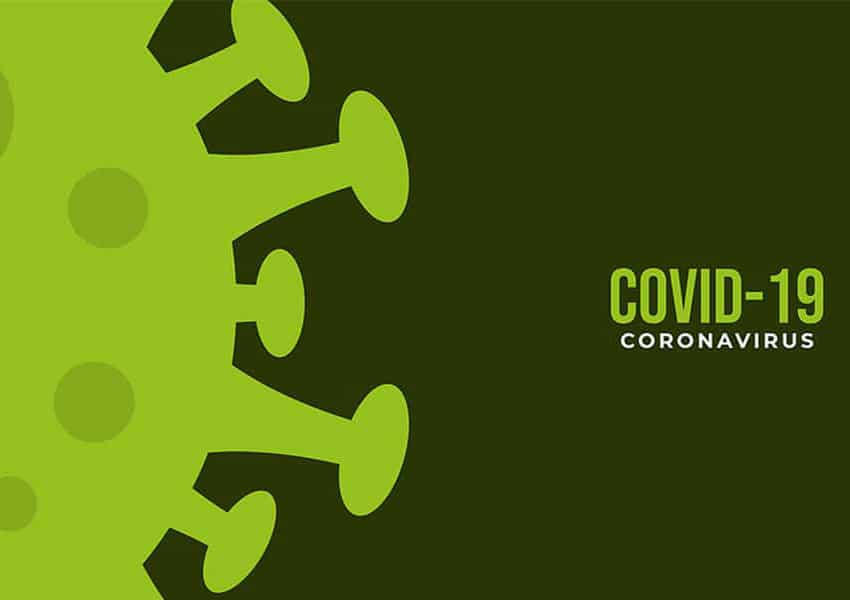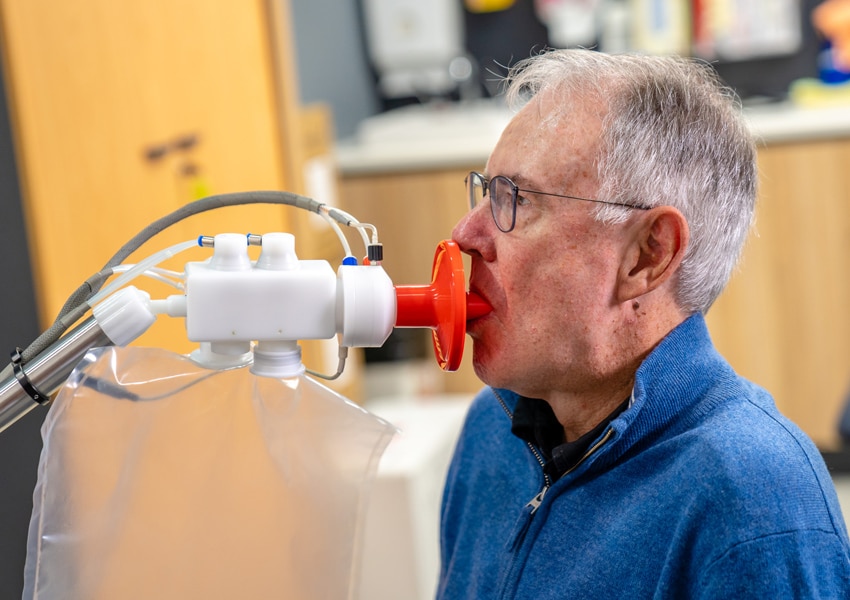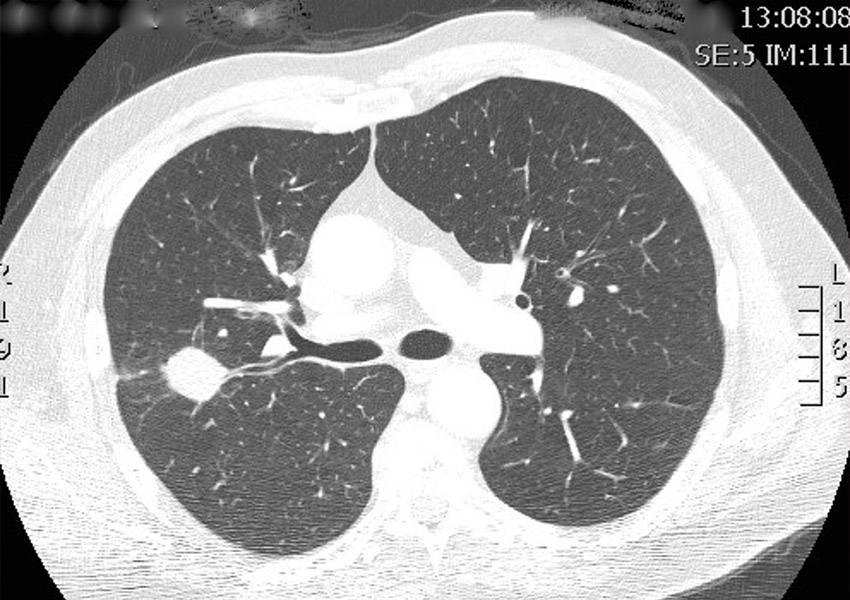What is asthma?
Asthma is a lung condition that may affect you at any age. Asthma is caused by inflammation of the airways (tubes that carry air in and out of the lungs). Your airway can then become thickened, narrowed, and filled with mucous. This may cause you to be short of breath, wheeze or cough.
What Causes Asthma?
If you have asthma, your airways become sensitive to irritants and allergens such as smoke, pollen or cold air. If you are exposed to these things, they may trigger inflammation in your airway that causes asthma.
What are the symptoms?
The symptoms you may experience with asthma include:
- Shortness of breath
- Wheezing
- Cough
- Feeling tight in the chest
Your asthma symptoms can vary from day to day or week to week. Symptoms are often worse at night or early morning. You may only have symptoms during an asthma flare-up, whereas others have more persistent symptoms. The symptoms can range from mild to severe. In extreme cases, asthma attacks can be life threatening. This is thankfully rare.
What tests are there for asthma?
Lung function tests are breathing tests that measure how well your lungs work. Spirometry is one type of lung function test measuring how much air you can blow out and how fast you can do it. This is useful to help diagnose and monitor asthma. Depending on your symptoms, you may be asked to perform more advanced lung function tests as well. These tests are not invasive and cause no pain.
Blood tests to check the level of immune cells in the blood can sometimes be helpful to guide treatment.
It can also be helpful to check for allergies that may flare up asthma. This is usually tested withe with a blood test or skin-prick test.
How Can We Help
Whilst there is no cure for asthma, your symptoms should be kept well controlled . The respiratory specialists at Lung and Sleep will confirm the diagnosis of asthma through a health assessment and breathing tests. We will formulate a tailored asthma management plan together with you to bring the symptoms under control and keep them controlled. The main aspects of the asthma action plan are:
- Preventer medication – most often these come as inhalers or puffers. They have to be used on a daily basis even if you are well and without symptoms as they prevent flare-ups.
- Reliever medication – these medications usually come in the form of an inhaler and work quickly to give you rapid relief of symptoms.The effects of reliever medications are short term.
- Flare-up treatment – you may be asked to increase the dose of your usual reliever medication or start a short course of anti-inflammatory mediation. Unless there are clear symptoms of infection, antibiotics generally do not help asthma flare-ups.
Occasionally your symptoms of asthma can remain severe despite optimal preventer medication. In this case you may need frequent doses of flare-up treatment medication such as prednisolone. This is called “severe asthma”. There are new and highly specialised treatments which are very effective in this situation. The respiratory specialists at Lung and Sleep are experts in asthma management and are able to access these specialised treatments for severe asthma. We will perform a comprehensive asthma assessment to determine whether these treatments are of benefit for you.






